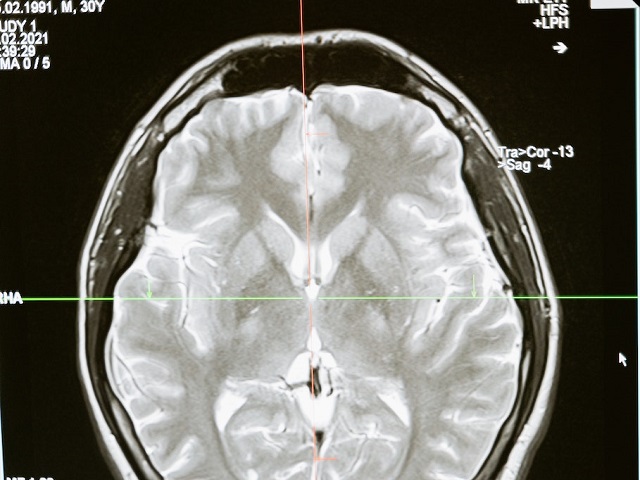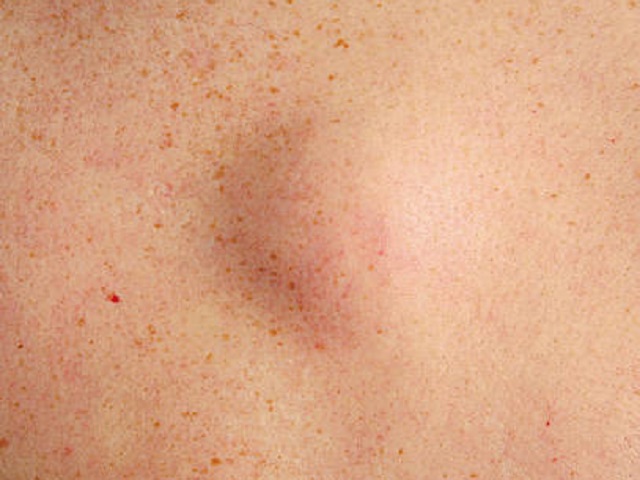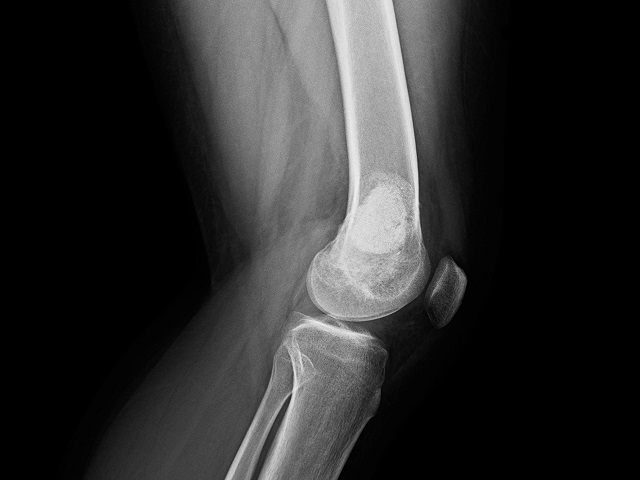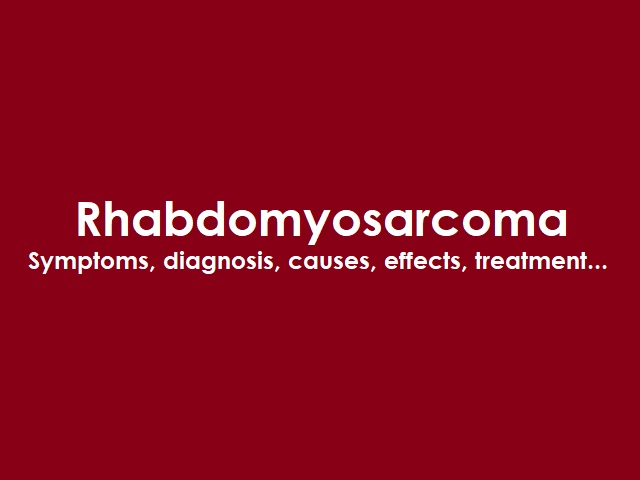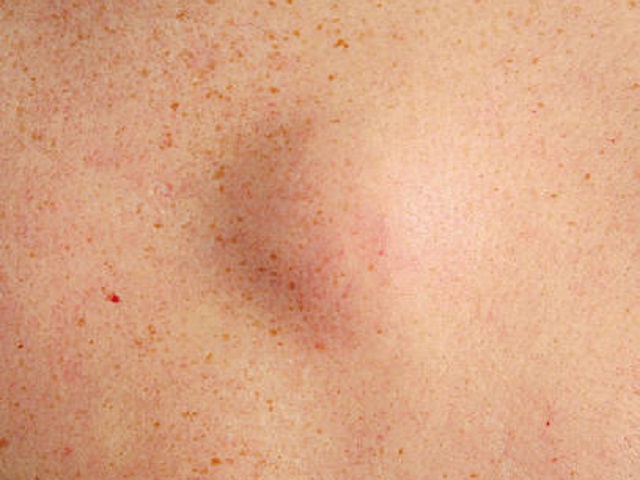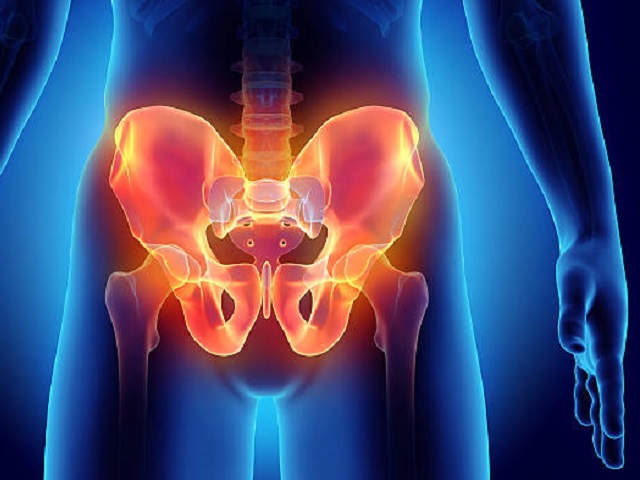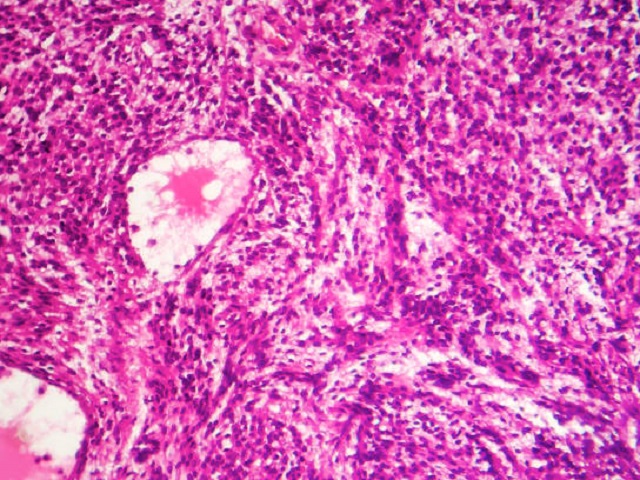6 Signs You May Have Wilms Tumor -- Symptoms, Causes, Effects, Treatment and Prevention
Wilms tumor, also known as nephroblastoma, is a rare kidney cancer that primarily affects children. It typically develops in children around the age of 3 to 4 years old and is often curable with early detection and treatment. Here is an overview of the symptoms, diagnosis, causes, effects, treatment, and prevention of Wilms tumor:
Symptoms of Wilms Tumor:
The most common symptom of Wilms tumor is a painless swelling or mass in the abdomen, usually noticed by parents or caregivers. Other possible symptoms may include:
- Abdominal pain
- Blood in the urine
- High blood pressure
- Fever
- Loss of appetite or weight loss
- Fatigue or malaise
Diagnosis of Wilms Tumor:
Diagnosing Wilms tumor involves several steps, including:
- Physical examination: A doctor will perform a thorough examination to assess the child's symptoms, check for abdominal swelling, and evaluate overall health.
- Imaging tests: Ultrasound, CT scan, or MRI may be conducted to visualize the tumor, determine its size and location, and check for any spread to nearby structures.
- Biopsy: A small sample of the tumor is taken and examined under a microscope to confirm the diagnosis and determine the tumor type.
- Staging: Additional tests such as blood tests, chest X-ray, and bone scan may be done to determine the extent and stage of the tumor.
Causes of Wilms Tumor:
The exact cause of Wilms tumor is still unknown, but certain genetic and environmental factors may contribute to its development. Some risk factors for Wilms tumor include:
- Genetic predisposition: Certain genetic syndromes, such as WAGR syndrome and Beckwith-Wiedemann syndrome, are associated with an increased risk of developing Wilms tumor.
- Family history: Having a sibling or parent with Wilms tumor increases the risk.
- Birth defects: Children with certain birth defects, such as genitourinary abnormalities, have a higher risk of developing Wilms tumor.
Effects of Wilms Tumor:
The effects of Wilms tumor can vary depending on the stage and extent of the disease. Some potential effects may include:
- Localized symptoms related to the tumor's presence, such as abdominal swelling or pain.
- Potential spread of the tumor to other organs or tissues, leading to complications and organ dysfunction.
- Emotional and psychological impact on the child and family due to the diagnosis and treatment process.
Treatment of Wilms Tumor:
Treatment for Wilms tumor typically involves a combination of surgery, chemotherapy, and radiation therapy. The specific treatment plan depends on the stage and characteristics of the tumor. Treatment options may include:
- Surgery: The mainstay of treatment is surgical removal of the tumor and affected kidney (partial or complete nephrectomy).
- Chemotherapy: Medications are used to kill cancer cells and prevent their spread. Chemotherapy is often given before and after surgery.
- Radiation therapy: High-energy beams are used to target and destroy cancer cells. It may be used in certain cases to prevent recurrence.
Prevention of Wilms Tumor:
Since the exact cause of Wilms tumor is not well understood, there are no specific prevention strategies available. Regular medical check-ups and early detection through routine screenings can help identify any potential signs or symptoms of the tumor at an early stage.
References:
National Cancer Institute. (2021). Wilms Tumor and Other Childhood Kidney Tumors Treatment (PDQ)�Patient Version. Retrieved from https://www.cancer.gov/types/kidney/patient/wilms-treatment-pdq
American Cancer Society. (2021). Wilms Tumor (Nephroblastoma) in Children. Retrieved from https://www.cancer.org/cancer/wilms-tumor/about.html






